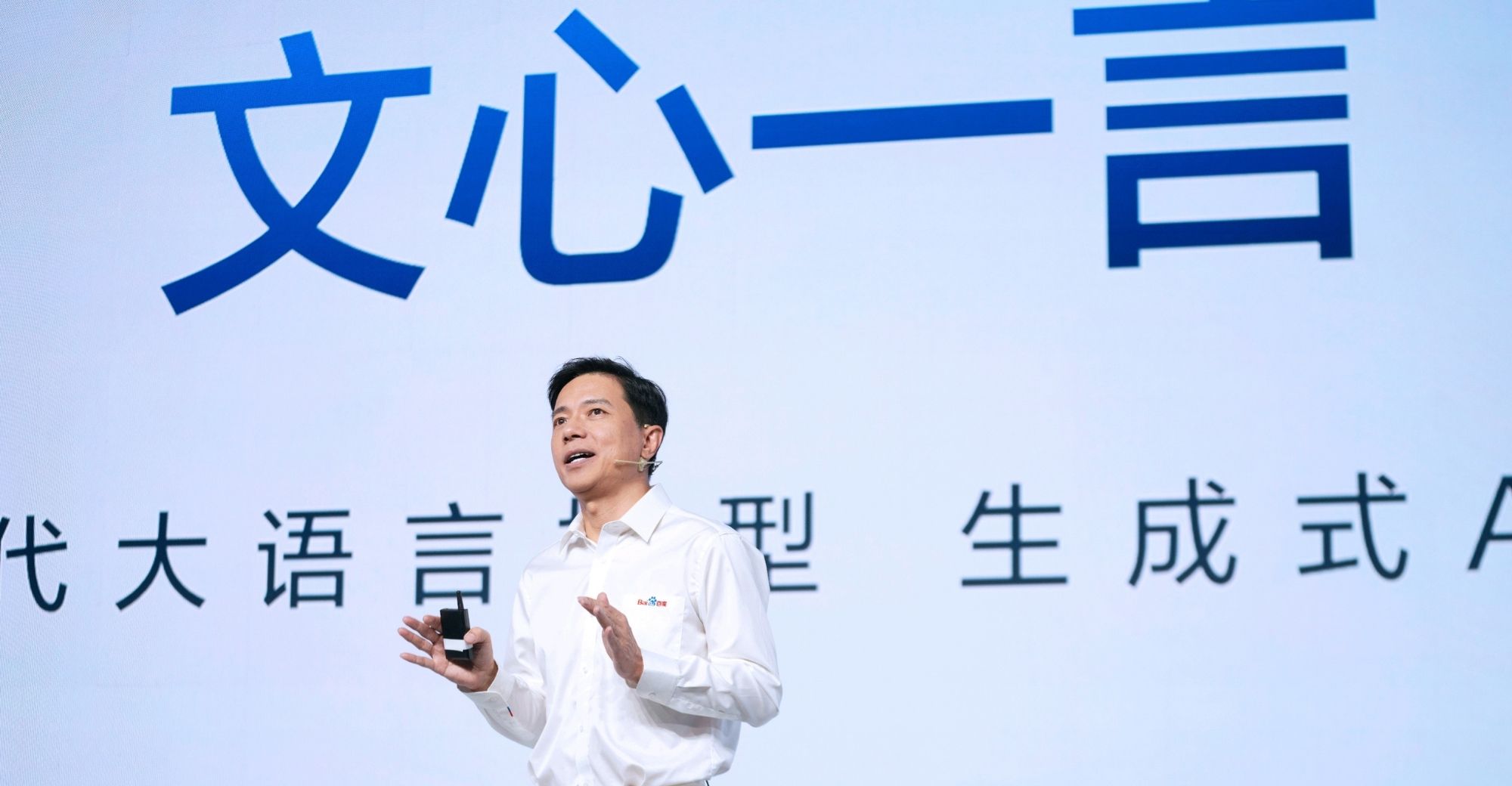Moonshot AI’s “Kimi” Experiences Temporary Crash Due to Traffic Surge
On the evening of March 21, Kimi, an AI application developed by Chinese startup Moonshot AI, experienced a temporary disruption due to a sudden surge in traffic. The issue has been promptly resolved, and the application is now operating normally.
Moonshot AI previously acknowledged the unusual increase in Kimi’s system traffic starting from 9:30:00 on March 20, 2024. This surge exceeded their resource planning expectations, leading to a number of SaaS customers encountering a “429: engine is overloaded” error from 10:00:00 on the same day. To address this, Moonshot AI has initiated several emergency measures, including a five-fold expansion in capacity since the traffic anomaly was first detected. The company is also developing a more effective SaaS traffic priority strategy to ensure stable service for paying customers, expected to be launched before March 25.
According to data from “AI Product List aicpb.com,” Kimi’s intelligent assistant led the “AI ChatBots” category among large model startups in February 2024, with over 3.05 million visits and a monthly growth rate of 107.6%.
In recent trading, stocks associated with Kimi, including Huace Film & TV, iReader Technology, and Zhongguang Tianze, have seen significant activity. Many of these stocks reached their daily trading limit by the close of trading on March 21. An industry insider, speaking to Chinese media “Sci-Tech Innovation Board Daily,” attributed this activity to Kimi’s robust performance, which has caught the attention of secondary market investors. However, the source also pointed out that while Kimi has been successful, its technology is not particularly advanced, suggesting potential for intense competition in the future.
iReader Technology has been testing Kimi’s assistant for potential integration, although no official contract has been signed yet. Moonshot AI confirmed that iReader Technology has integrated Kimi’s large model API, adding that this feature is available to all API developers.
BGI Genomics’ CEO, Yin Ye, has spoken positively about Kimi’s intelligent assistant. He highlighted its ability to process large volumes of text, such as dozens of research papers, identifying correct, consistent, and contradictory information. This feature, Yin noted, significantly reduces the workload for researchers who would otherwise have to read through each document individually.
Minsheng Securities praised Kimi’s performance among domestic models. They suggested that the ongoing development of these models, along with the introduction of multimodal models, could significantly enhance their application. Furthermore, integrating models like Kimi could lead to substantial improvements in various content areas, including movies, short dramas, short videos, and games.
Shenwan Hongyuan pointed out that Kimi’s ability to process long-text input of up to 2 million Chinese characters makes it stand out from competitors like GPT-4 Turbo-128k and Claude3200k, which can only handle 100,000 and 160,000 characters, respectively. This makes Kimi particularly suitable for tasks such as efficient reading, professional document interpretation, information inquiry, and summarization.
China’s internet giants, such as Alibaba, are also exploring the potential of long document processing. Alibaba‘s Tongyi Qianwen, for instance, recently launched an AI reading assistant capable of processing extremely long documents of over 10,000 pages or multiple documents at once.
Despite Kimi’s current success, a securities analyst warned “Sci-Tech Innovation Board Daily” that its relatively low technical threshold could lead to intense competition in the future. However, they also noted that Moonshot AI’s rapid pace of development and the potential for more innovative products could give it a competitive edge in the market.
SEE ALSO: OnePlus Launches AI-Powered Ace 3V




